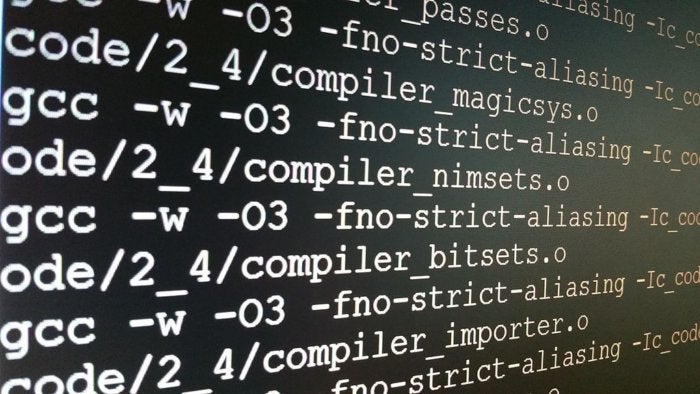NectarJS to offer JavaScript compilation-as-a-service
Source: Paul Krill
 Can JavaScript become a universal language for developing for multiple form factors? The inventor of NectarJS, a compiler-as-a-service cloud application now in development, claims NectarJS will make this happen.
Can JavaScript become a universal language for developing for multiple form factors? The inventor of NectarJS, a compiler-as-a-service cloud application now in development, claims NectarJS will make this happen.
Currently in alpha release, NectarJS would have developers code in JavaScript for multiple platforms, including the internet of things, various operating systems, and the WebAssembly portable code format. Web developers could thus become low-level software programmers, claims Seraum, the company behind NectarJS.
How NectarJS works
NectarJS uses a multistep process:
Developers using the open source NectarJS client code in JavaScript—or variants of it including TypeScript and CoffeeScript—on the device of their choice.
Code is then sent to NectarJS servers and encrypted, using the AES-256 military standard.
Code is compiled for the target platform. The compiled result is forwarded to developers. Supported platforms are promised to include Windows, Linux, Raspberry Pi, Arduino, and the web. Node.js applications is promised to be compilable as well. A native binary file is promised provided for each format.
The compiled code is erased from Seraum’s NectarJS servers.
NectarJS claims advantages in speed, size, and deployment by providing executables, Seraum CEO Adrien Thierry said. The beta program for NectarJS is expected to start in February. The company is still working on business models for NectarJS and does not yet know if it will be a fee-based service.
Although NectarJS does not transpile JavaScript to other languages, Thierry sees that as an interesting possibility for the future. JavaScript code could, for example, be converted to Go (aka Golang) code.
| }
|